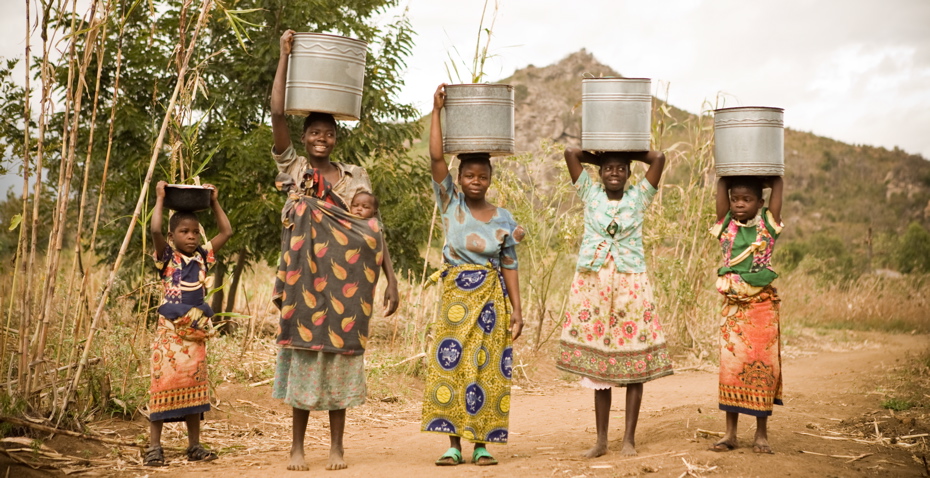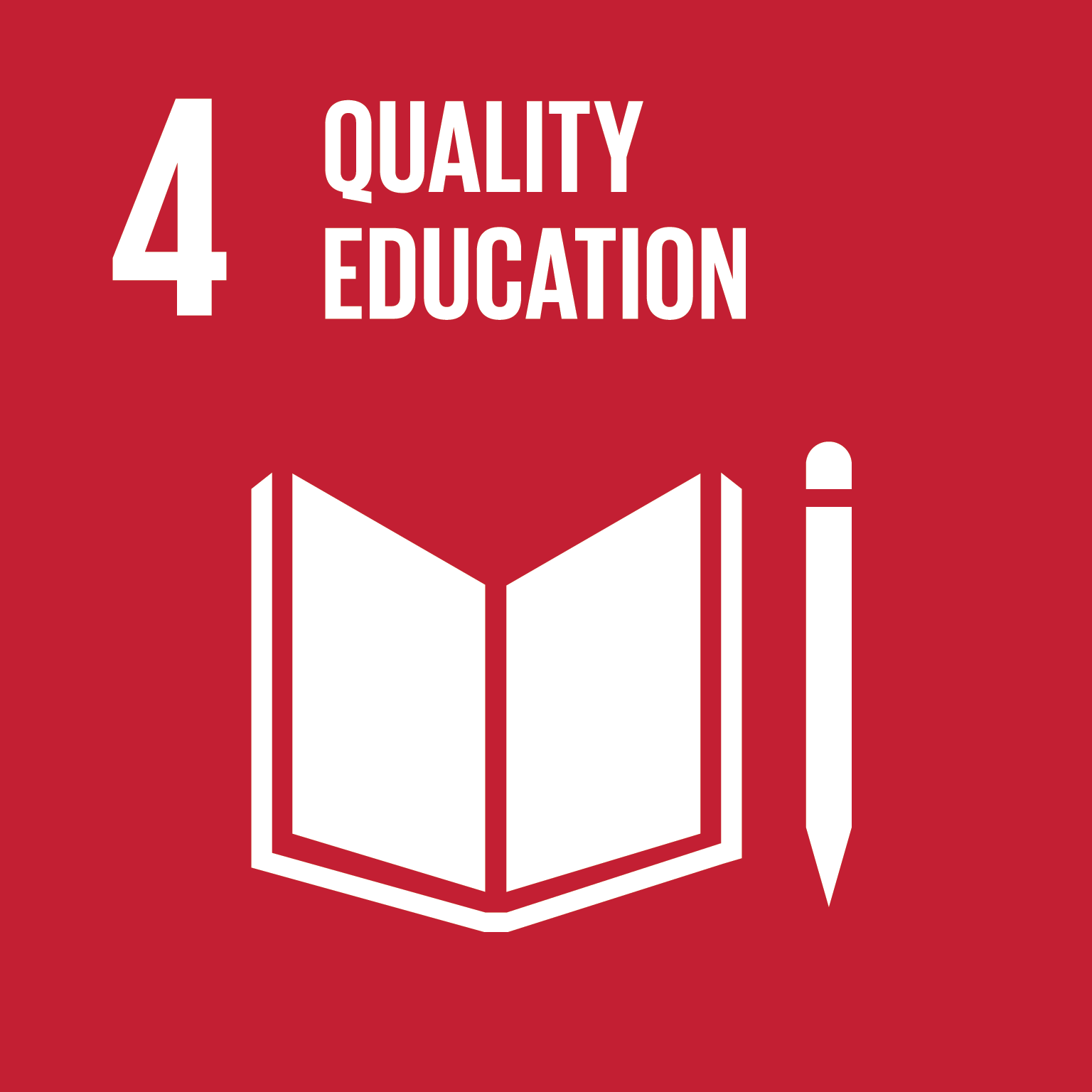 |
| African women and girls with water barrels. Retrieved October 4, 2019 from https://waterwellsforafrica.org/pictures/ |
Why 'Africa's Water Women'?
As a 3rd year Global Sustainability Science student at Utrecht University, the United Nation's 17 Sustainable Development Goals (SDGs) have become a fundamental mantra to my scientific expertise. The SDGs ought to function as a blueprint to achieve a more sustainable world and future for all, whilst tackling global issues like poverty, inequality, climate change and justice (United Nations, 2019). Studying at University College London (UCL) as affiliate student, gives me the opportunity to refresh this mantra with new insights. For the module 'Water and Development in Africa' I will be focusing on the relation between water and gender in Africa.
 The reason I chose to focus on water and gender is because I am particularly interested in which ways water accessibility and water provision in Africa is related to gender roles and gender inequality. I am also curious in what ways climate change could enforce gender inequality. Therefore I will mainly focus on the following SDGs (but probably along the way I will realize that water and gender is related to much more of them):
The reason I chose to focus on water and gender is because I am particularly interested in which ways water accessibility and water provision in Africa is related to gender roles and gender inequality. I am also curious in what ways climate change could enforce gender inequality. Therefore I will mainly focus on the following SDGs (but probably along the way I will realize that water and gender is related to much more of them):



Then, to refer back to the title of this blog post, when I searched for 'water and gender' related articles and UN documents on Africa, I came across the following striking findings:




Then, to refer back to the title of this blog post, when I searched for 'water and gender' related articles and UN documents on Africa, I came across the following striking findings:
- African women are predominantly responsible to provide their households with water. For example in sub-Saharan Africa 50% to 85% of the women are responsible to fetch water from sources away from their home (UNESCO, 2016).
- African women who are responsible to provide their households with water are likely to spend less time in paid employment reducing their financial independence. For example in poor rural areas in South Africa, these women spend 25% less time in paid employment (UNESCO, 2012).
- African girls' education is negatively affected by water related gender roles. For example, a case study in Tanzania showed that a reduction of the time girls need to fetch water from 30 to 15 minutes increased girls' educational attendance by 12% (UNICEF).
- Mwanawaki ni maji - Apparently there exists a Swahili proverb which says that 'women are water' (Taylor, 2004). This suggests that water related gender roles are embedded in many African societies and cultures, since this language is used by a range from 15 million to 50 million people (WIKIPEDIA).
So adding these (for now) four points together and with a faint of Wonder Woman's alliteration and vibes I came up with 'Africa's Water Women'. Also, while writing down these four points, I realized that water and gender in Africa is also related to the following SDGs:

Okay, so far so good for this introductory post. On my blog, you can expect a mixture of article analyses, essays, inspiring insights etc. Hereby I invite you all to follow my adventures in revealing Africa's Water Women's story.
Keep on blogging, Helen! It's an important topic.
ReplyDeletethank you for all the feedback along the way!
DeleteYes, a good start!
ReplyDelete